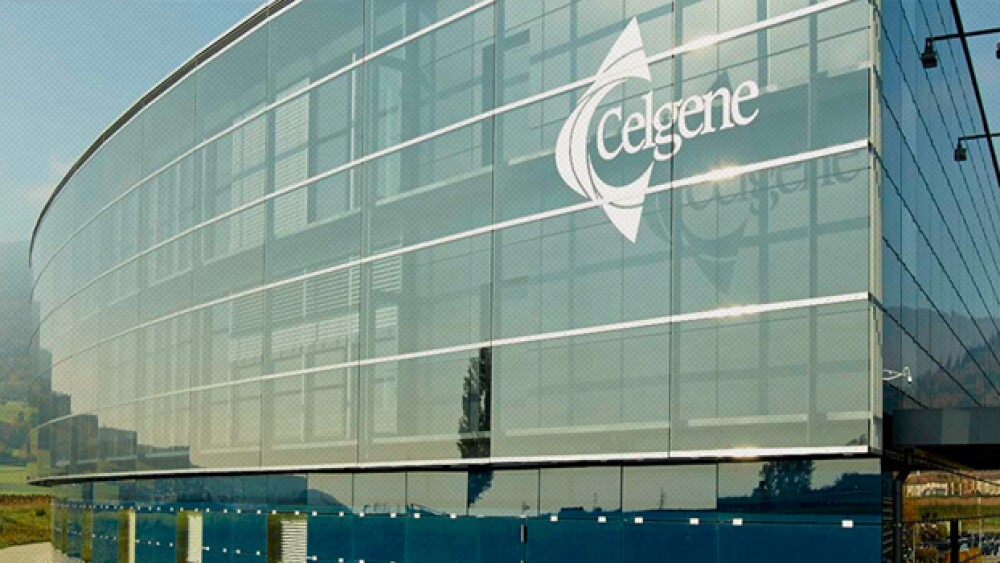Bristol-Myers Squibb will acquire Celgene Corporation to create a pharma giant with a significant pipeline focused on oncology, inflammatory and immunologic diseases, and cardiovascular disease.
The new year is starting off with a $74 billion bang. Bristol-Myers Squibb will acquire Celgene Corporation to create a pharma giant with a significant pipeline focused on oncology, inflammatory and immunologic diseases, and cardiovascular disease.
The deal comes days ahead of the 37th annual J.P. Morgan Healthcare Conference and, in some ways, mirrors Celgene’s significant $9 billion acquisition of Juno Therapeutics and $7 billion acquisition of San Diego-based Impact Biomedicines at the beginning of 2018.
The BMS deal for Celgene is a cash and stock transaction. Celgene shareholders will receive one share of BMS stock and $50 in cash for each share of Celgene stock they own. Celgene shareholders will also receive one tradeable Contingent Value Right (CVR) for each share of Celgene. The CVR will entitle the holder to receive a payment for the achievement of future regulatory milestones. Shares of Celgene have shot up more than 31 percent on the news, rising to $87.90 in premarket trading. Celgene closed at $66.64 on Wednesday. Shares of BMS, on the other hand, are down 11.5 percent to $46.40 in premarket trading.
In its announcement this morning, BMS said bringing Celgene under its umbrella will create a company that is well-positioned to address the needs of patients in its core areas of treatment “through high-value innovative medicines and leading scientific capabilities.” The combined companies will have complementary areas of focus and have a global reach and scale. However, BMS said the combined companies will still maintain the “speed and agility that is core to each company’s strategic approach.”
The combined company will have nine products with more than $1 billion in annual sales. Together, the company will have an oncology pipeline for solid and hematologic tumors led by blockbuster treatments Opdivo, Revlimid, Pomylyst and Yervoy. Its cardiovascular pipeline will be led by Eliquis and the immunology and inflammation franchise will be led by Orencia and Otezla.
In addition to the approved products, the merged pipelines will have six expected near-term product launches, including two in immunology and inflammation and four in hematology. These six products represent more than $15 billion in potential revenue, BMS said.
Giovanni Caforio, chairman and chief executive officer of BMS, said with Celgene, BMS is creating an “innovative biopharma leader, with leading franchises and a deep and broad pipeline that will drive sustainable growth and deliver new options for patients across a range of serious diseases.” Caforio added that as a combined company, BMS will benefit from an expanded early- and late-stage pipeline that includes six expected near-term product launches. He said the combined pipelines of the two companies hold significant promise for patients and will allow for the acceleration of new approaches to treating disease “through a broader range of cutting-edge technologies and discovery platforms.”
Mark Alles, chairman and CEO of Celgene, said the deal offered by BMS will deliver “immediate and substantial value” to Celgene shareholders and also provide them with meaningful participation in long-term growth options through the combination of the companies.
“Our employees should be incredibly proud of what we have accomplished together and excited for the opportunities ahead of us as we join with Bristol-Myers Squibb, where we can further advance our mission for patients,” Alles said in a statement.
When the deal is completed, Caforio will continue to serve as chairman and CEO of the combined companies. Two members from Celgene’s board of directors will be added to the Board of Directors of Bristol-Myers Squibb.
While the announcement did not mention and job cuts as part of the acquisition, it’s likely that quite a few will be made. In its announcement, BMS noted that it will aim to find at least $2.5 billion in cost reductions by 2022 as it works on the merger. The company said it is confident it will “achieve efficiencies across the organization while maintaining a strong, core commitment to innovation and delivering the value of the portfolio.”
When completed, Bristol-Myers Squibb shareholders are expected to own approximately 69 percent of the company and Celgene shareholders are expected to own approximately 31 percent.
“We are impressed by what Celgene has accomplished for patients, and we look forward to welcoming Celgene employees to Bristol-Myers Squibb. Our new company will continue the strong patient focus that is core to both companies’ missions, creating a shared organization with a goal of discovering, developing and delivering innovative medicines for patients with serious diseases. We are confident we will drive value for shareholders and create opportunities for employees,” Caforio said.





